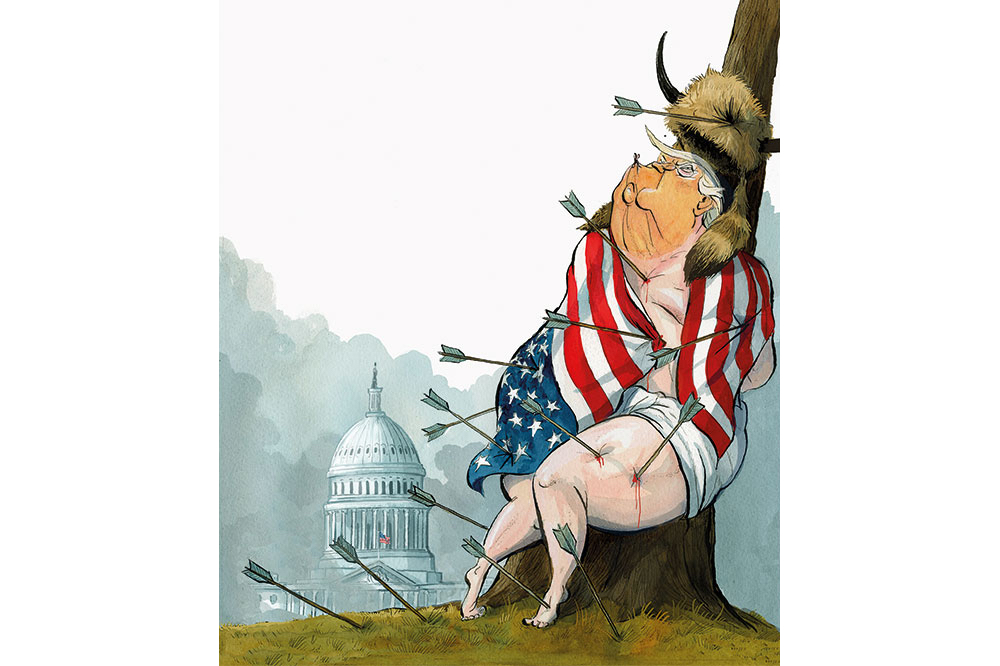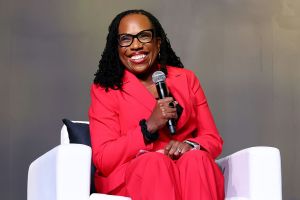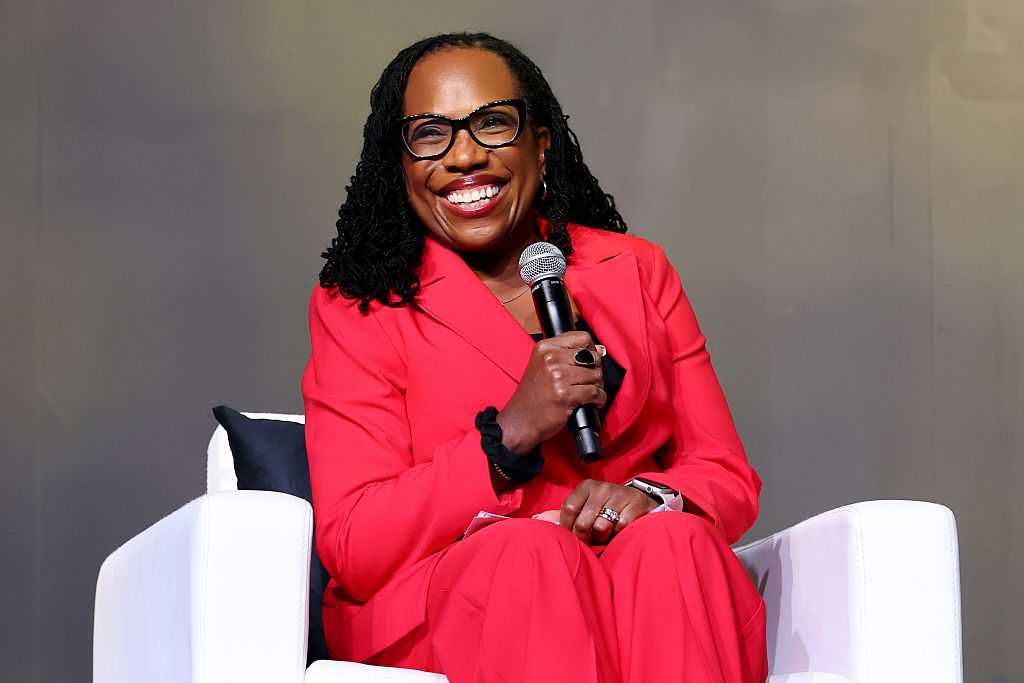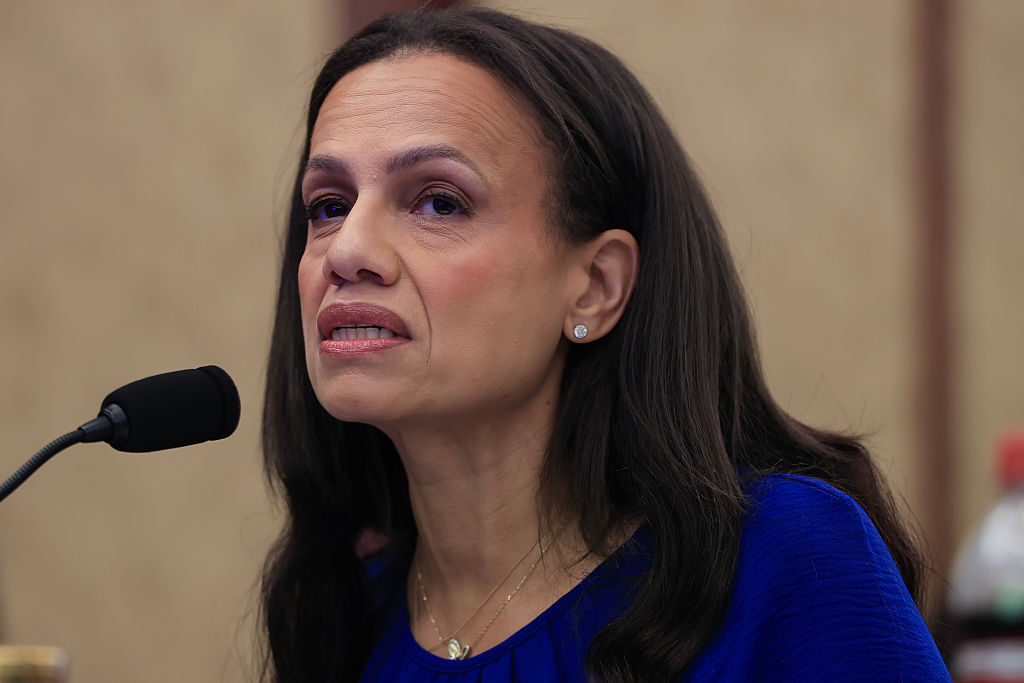Donald Trump’s decision to weigh in on the abortion issue again at this juncture, with his most definitive statement yet that he opposes a fifteen-week federal ban favored by some Republicans, is a political mistake for several reasons.
As wise as his transactional embrace of pro-life voters was in 2016 — ultimately proving the difference between his historic win and what the media and many establishment Republicans widely expected to be an ignominious loss — his statement this morning is a misstep which could ultimately undermine his attempt to return to the White House, and therefore for the pro-life movement’s ability to craft policy going forward.
The point is simply this: pro-lifers, many of whom harbor more misgivings about Donald Trump than other voters, are a key part of the president’s base. They need to be active, engaged and excited to vote for him again. Wavering in his commitment on the issue is unnecessary and likely wins him back few of the voters who left him in 2020. And the largest expansion of Trump’s lead among voters at this juncture in polling isn’t due to women voters returning to the fold — it’s that his numbers have gone up among men, namely black and Hispanic men. The likelihood that these demographics would hold off on voting for Trump because of support for a fifteen-week ban seems very unlikely. And the Biden campaign was immediately out with a predictable claim that Trump is lying, one echoed by a compliant mainstream media.
Weighing in on abortion is unavoidable. The issue is not going away. There is no fantasyland in consultantopia where it vanishes from the culture war fray. And as an issue, it is fraught with danger because even the most sensible olive branches, backed by polling and pre-election measures, often turn out to matter little at all. Fighting for votes on the abortion front is a very narrow play for a very engaged single-issue portion of the voting population — as such, it has more in common with Democrats arguing about, say, Gaza and Israel than arguing about other hot-button culture war issues such as trans athletes playing women’s sports.
The most obvious recent example is from last year’s elections in Virginia, where Governor Glenn Youngkin put a fifteen-week ban — which tested as popular in the culturally moderate Old Dominion — as his standard, one echoed by the candidates he supported in state legislative elections. One critical candidate for his bid to take control of the state senate was incumbent Siobhan Stolle Dunnavant, from a politically active Virginia family, who ran in a newly redistricted seat. She embraced Youngkin’s position and then went even further on exceptions — and could speak to the issue as a practicing OB-GYN herself. It was all for naught, and she lost by more than 7,000 votes.
In his statement, Trump managed to disappoint two of his biggest backers — the pro-life Susan B. Anthony List and South Carolina senator Lindsey Graham — who both released statements disagreeing with his choice. They’ve advocated for this goal in large part because of what Democrats have been saying openly — that if their take majorities in both Houses of Congress and the White House, they will make every effort to pass a law making abortion on demand a nationwide reality. This is consistent with their false claim that they merely favor “codifying Roe,” when their proposals go much further.
Regardless of the merits of a fifteen-week minimum federal ban as a policy position, many pro-lifers would prefer to fight the issue out at the state level, understanding that laws like Texas’s and Florida’s will be much stricter than fifteen-weeks. It’s also consistent with everything they’ve said for decades about the need to send the issue back to the states, as Justice Samuel Alito and his five colleagues did in the Dobbs case. Even if pro-lifers seem back on their heels, unprepared for the success of Roe’s absence, their legal movement has to adapt to different fights playing out in legislatures across the country — and in some cases, in ballot issues as well, though those have all been royally botched. (You wonder if Trump’s statement means he won’t be voting in defense of Ron DeSantis’s six-week ban when it’s on the state ballot in November — an obvious follow-up question for the Floridian.)
Crafting better laws on this issue that can pass through abortion-averse state legislatures is a challenge, one made even worse by the media’s drumbeat of lies on the subject. In Texas, for example, a woman made national news when she was refused treatment for a dangerous ectopic pregnancy given the doctors’ inadequate understanding of the law, which clearly allowed for her treatment.
To quote the Charlotte Lozier Institute, a pro-life organization which has been at the forefront of covering this issue:
To assist healthcare providers and dispel the myths being spread by those more concerned with promoting abortion than women’s health, this document discusses miscarriage management, treatment for ectopic pregnancy, and medical conditions that could qualify as life-threatening, permitting abortion under pro-life laws. Specifically, we cite guidance from the American College of Obstetricians and Gynecologists, a prominent professional organization that has provided comprehensive guidance for management of obstetric and gynecologic conditions. Further, the exact text of the laws, definitions, and exceptions are included below to further demonstrate that the laws in question do not inhibit appropriate and standard medical care.
While some laws contain definitions and exceptions that more explicitly speak to certain situations, each law reviewed does not prevent mothers from receiving the medical care necessary. A plain reading of any of these statutes easily refutes the false and dangerous misinformation being spread by pro-abortion activists. Further, none of the laws reviewed prohibit a medical professional from acting as necessary when facing a life-threatening medical emergency; therefore, under these laws medical professionals can exercise reasonable medical judgement and as outlined by the ACOG guidance, are not required to delay necessary care and treatment to a mother.
The Trump statement is another representation of this misinformation. Technically tied to the Alabama legislature passing legislation on in vitro fertilization, the timing of Trump’s statement was based on a media falsehood, after many falsely connected this IVF case to the Supreme Court’s Dobbs ruling, when it actually had nothing to do with it. Many in the media falsely connected this case to the Supreme Court’s Dobbs ruling, when it actually had nothing to do with it. As a report from Johns Hopkins outlines:
The plaintiffs are three couples who all underwent IVF treatment at a fertility clinic in Alabama. Through the IVF treatment they received, they all became pregnant and gave birth to healthy babies.
As a result of the IVF treatments, they also produced a number of additional embryos — this is standard procedure in an IVF cycle. Those additional embryos that were not used were frozen and preserved by the fertility clinic. The presumption is that the couples could come back at some later time and have another IVF cycle using these embryos without having to again go through the hormonal treatments and surgeries.
The plaintiff couples’ frozen embryos had been cryo-preserved at the fertility clinic, which is located within a hospital. In December 2020, a patient of that hospital entered the fertility clinic’s cryo-preservation unit and opened one of the tanks in which frozen embryos are stored. These embryos are stored at sub-freezing temperatures, so when the patient put his hand in and grabbed some of the embryos, he burned himself and dropped the embryos, which hit the ground and were destroyed.
Now, that patient’s name hasn’t been publicly identified — but the implication of other reporting is that they were a mentally impaired patient who was able to enter the somehow unsecured facility to precipitate all of this. The practical consequence of the blowback to the Supreme Court decision is that if the embryos created during IVF are destroyed without parental consent, they won’t be allowed to have any legal recourse or seek damages… which doesn’t seem right, even if you don’t believe an embryo should be protected by law.
The simplest point to say is that Donald Trump is at his best when he’s on offense, not defense — when he’s using a sledgehammer, not trying to craft something that vocally brought reminders of George W. Bush’s attempt to satisfy everyone on the use of stem cells. For Trump, it’s a sign that his current campaign shares the same struggles of many Republicans post-Dobbs. And for pro-lifers, it’s a sign that they must focus on reframing the issue to play to the former president’s benefit, becoming once again the more attractive transactional partner for Trump’s political efforts.


























Leave a Reply